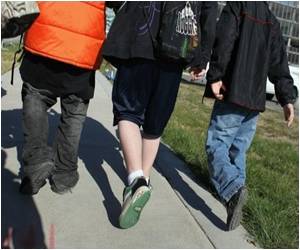
Ifat Levy, assistant professor in comparative medicine and neurobiology at Yale, and colleagues explored risk-taking by studying a group of adolescents and a group of mid-life adults, the journal Proceedings of the National Academies of Sciences reported.
The 65 participants, aged between 12 and 50 years, were asked to make a series of financial decisions in a lottery, each with varying degrees of risk.
In some trials, subjects were told the exact probabilities of winning a lottery.
In separate, ambiguous lotteries, they were not given the precise probabilities of winning, making the level of risk uncertain, according to a Yale statement.
Levy and her team found that when risks were precisely stated, adolescents avoided them at least as much - and sometimes more - than adults.
Advertisement
This makes sense biologically, Levy said: "Young organisms need to be open to the unknown in order to gain information about their world."
Advertisement
Source-IANS








